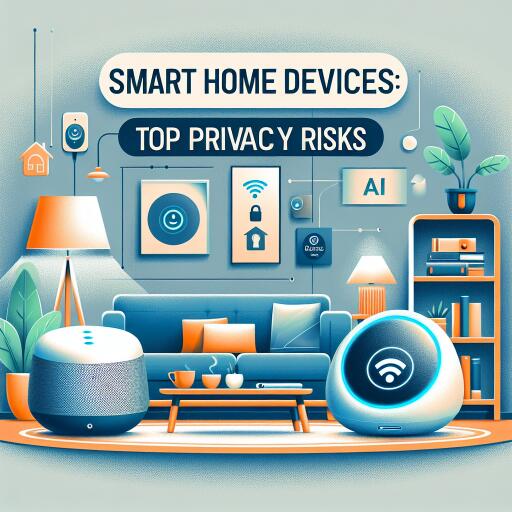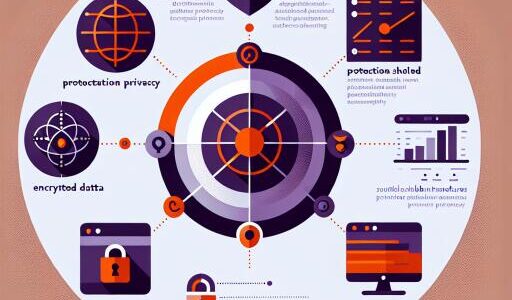Amazon Alexa and Google Home Present Major Privacy Rispects in Smart Home Revolution
The exponential rise in the adoption of smart home technology forecasts a future of unparalleled convenience and interconnectivity, with projections suggesting that smart home users could surpass 785 million worldwide by 2028. Yet, as these devices weave their way further into the fabric of everyday life, they bring with them growing concerns over personal data privacy, turning our living spaces into potential hotbeds for privacy invasions.
A groundbreaking study conducted by the privacy research team at Surfshark, dubbed the ‘Smart Home Privacy Checker,’ has cast a spotlight on alarming practices within the smart home sector. The study found a disturbing trend: an estimated 10% of smart home device applications are programmed to harvest user data for tracking purposes, with tech behemoths Amazon and Google identified as notable culprits in this intrusive data collection venture. These applications routinely gather voluminous amounts of sensitive personal data from millions of unsuspecting users.
“The encroachment on user privacy by smart home devices, especially those developed by industry leaders such as Amazon and Google, is a pressing concern,” commented a privacy expert at Surfshark. “The implications of such widespread data collection range from the potential for security breaches to the unwanted dissemination of personal details.”
The advise from privacy advocates is clear: users should not be passive. Vigilance in managing privacy settings, scrutinizing app permissions, and staying abreast of how data policies impact the use of their smart home gadgets are recommended proactive measures.
In an extensive analysis that encompassed 290 apps linked to over 400 Internet of Things (IoT) gadgets, Surfshark’s team dissected each app against 32 data privacy metrics. The evaluation spanned user identification, tracking capabilities, and the degree of data sharing. Apps were then ranked by the scope and nature of the data they amassed.
Amazon’s Alexa stood out in this scrutiny for hoovering up 28 of the 32 data points analyzed – marking an astounding threefold increase over the smart home device industry’s average. Data points collected include intimately precise location details, contact information, and health-related data, all intricately tied to specific user profiles.
Not far behind, Google’s array of smart home solutions was pinpointed for its accumulation of 22 out of 32 types of data. This goes well beyond the norm for the sector, capturing data that ranges from personal addresses and locations to multimedia content like photos and videos, as well as browsing history.
The price of convenience in the smart device era seems to be twofold – monetary and personal data. These applications are often designed to monitor user habits, enabling tailored advertising or even the sharing of data with third parties and brokers. About a third of the apps were focused on collecting intricate details such as device IDs, email addresses, and logs of product interactions, including the precise whereabouts of the users.
Security cameras meant for outdoor use were identified as particularly voracious data gatherers, averaging 12 data points each – a 50% increase compared to other categories of devices. Products from brands such as Deep Sentinel and Lorex were highlighted as major contributors to this significant rate of data collection.
An additional concern brought to light by the study is that a dozen of the apps have not refreshed their data collection policies in the past year, leading to potential conflicts with current privacy legislation and a lack of transparency.
Worryingly, even applications for children’s toys were not exempt from scrutiny, with some found to be gathering sensitive information including precise locations, photos, and audio clips.
As smart homes become an evermore integral component of our daily lives, the dilemma between the allure of convenience and the imperative of privacy security becomes increasingly challenging. The rapid evolution of smart technologies demands a heightened awareness and proactive stance towards ensuring our private lives remain just that – private.









